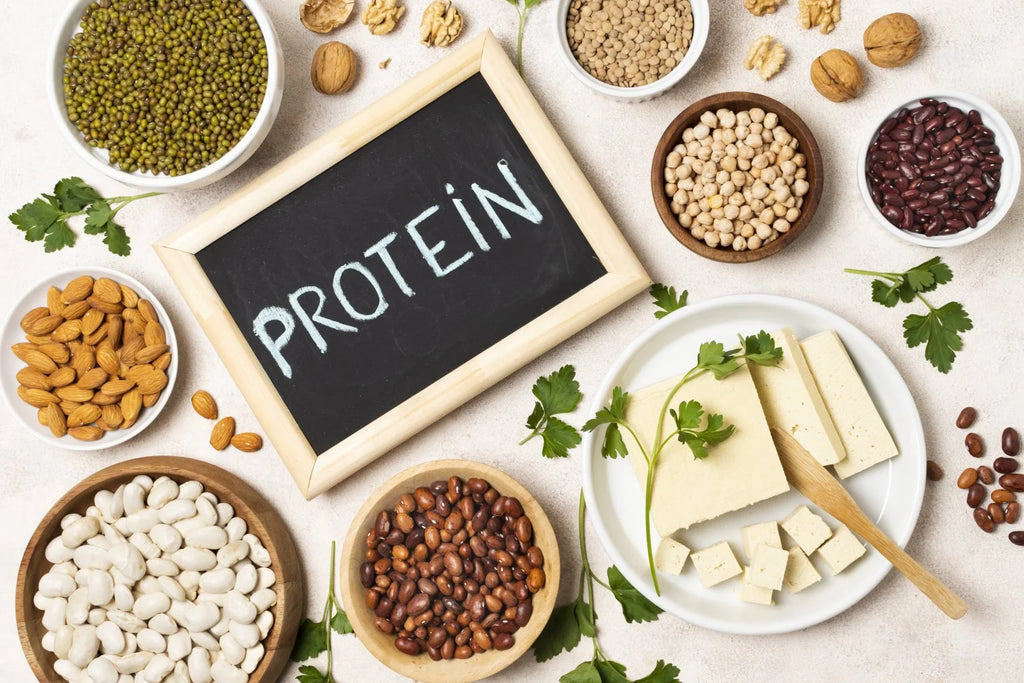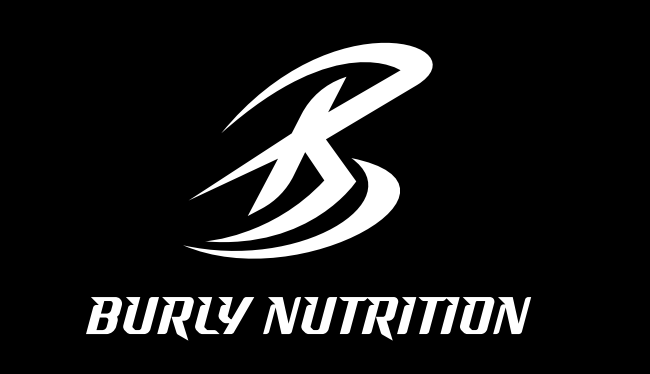
How Much Protein Are You Required To Eat Per Day For Muscle Building?

How Much Protein Are You Required To Eat Per Day For Muscle Building?
If you’re on a quest to build lean muscle mass, you’ve likely heard the age-old advice: “Eat more protein.” While this advice is undoubtedly true, it’s crucial to understand just how much protein to eat per day to maximize your muscle-building efforts.
In this comprehensive guide, we’ll delve into the science of protein intake for muscle growth, debunk some common myths, and provide practical recommendations tailored to your goals, answering the question – how much protein to eat per day in order to build muscle, especially if you are going to the gym? Or how much protein do I need?
The Importance of Protein in Muscle Building
Before we delve into the nitty-gritty of protein requirements, let’s first establish why protein is so critical for muscle growth and try to answer the question of how much protein do I need to build muscles? Consider us your personal trainer for the best result in and out of the gym.
Proteins are made up of amino acids, which are the “building blocks” of muscles. When you engage in resistance training or strength exercises, you create tiny micro-tears in your muscle fibers. To repair and rebuild these fibers, your body relies heavily on amino acids obtained from dietary protein.
Simply put, without an adequate supply of dietary protein, your muscles won’t have the necessary raw materials to repair and grow, no matter how hard you train. But what do you mean by an adequate amount of protein? Simply put, it aims to answer how much protein to eat per day?
Factors Influencing Protein Requirements
Your protein needs for muscle building are not a one-size-fits-all equation and the answer to the question of how much protein do I need also varies from person to person. Several factors come into play when determining your ideal protein intake:
- Body Weight
- Activity Level
- Age
- Gender
- Training Intensity
- Caloric Intake
1. Body Weight: Creatine Generally, the more you weigh, the more protein you may require. This is because muscle tissue itself is protein, and individuals with greater muscle mass often need more protein to maintain and build upon that mass.
2. Activity Level: Your activity level plays a significant role in protein requirements. Someone engaged in regular intense resistance training will need more protein than a sedentary individual.
3. Age: Older individuals may require slightly more protein due to age-related changes in muscle metabolism and protein synthesis.
4. Gender: Men typically have greater muscle mass and higher testosterone levels, which can influence protein needs compared to women.
5. Training Intensity: The intensity and volume of your workouts matter. More demanding workouts create more muscle damage and thus require more protein for recovery and growth.
6. Caloric Intake: Your overall calorie intake also matters. If you’re in a caloric deficit to lose fat while building muscle, your protein needs may be higher to preserve muscle mass.
